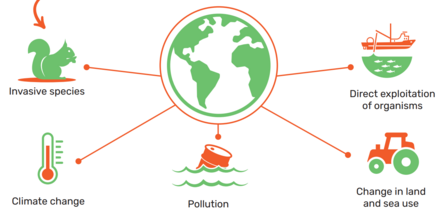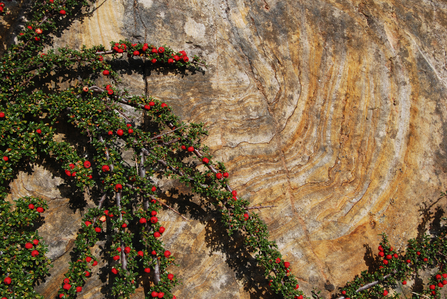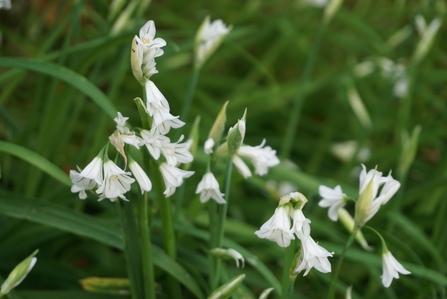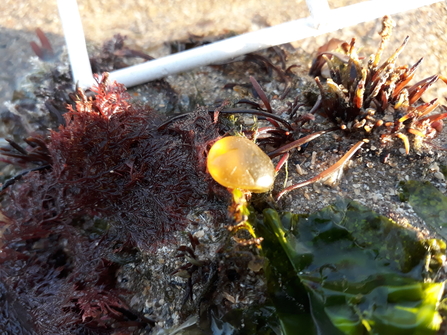What is Invasive Species Week?
Invasive Species Week is a national, annual event led by the GB Non-Native Species Secretariat. It aims to raise awareness of invasive species and celebrate action in preventing their spread.
What are invasive species?
Invasive species are non-native species that have been intentionally or unintentionally introduced beyond their native range by humans.
Importantly, their spread threatens native biodiversity and can cause damage to the environment, the economy, our health, and the way we live.
Check out and learn about some common invasive species here!










